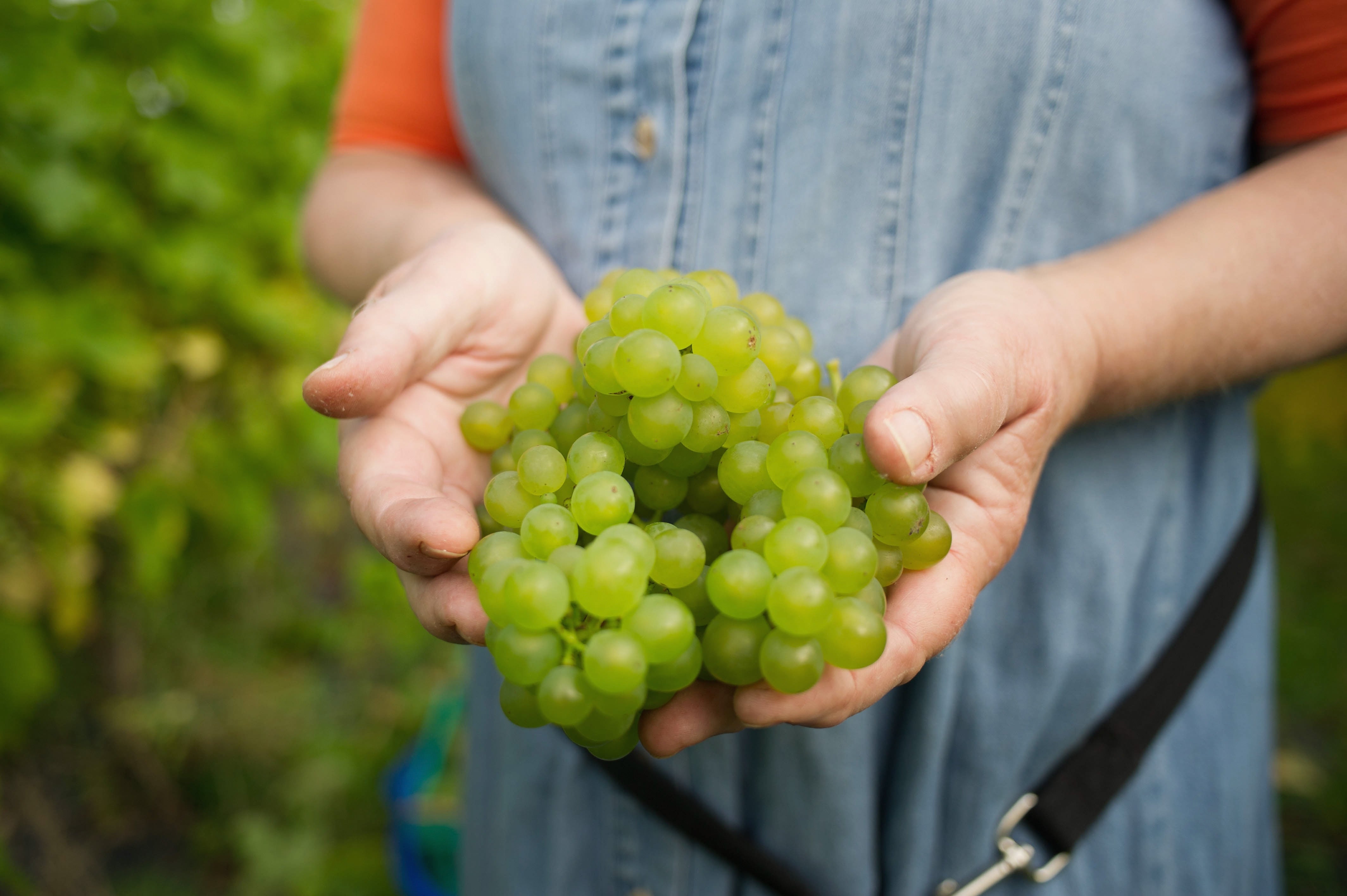ARTICLE AD BOX
Remember that first post-pandemic summer? Not the newfound joy and freedom as we surged back into the world, basking in restriction-free living and hurling ourselves into “normal life” with a pent-up hedonism bordering on hysteria (memorable though that was). No, I’m talking about whether you recall the 40C-plus heatwave?
The July of 2022 saw the hottest temperatures ever recorded in the UK – the first time the mercury had officially risen above a ruby anniversary’s worth of degrees celsius. The Met Office issued the country’s first ever red extreme heat warning, and a national emergency was declared.
Though it should have gone without saying, these were not “aspirational” temperatures to be lusted after. For all that certain headlines shrieked “What a scorcher!” and the more pig-headed type of Brit determinedly insisted that they were “really enjoying” the kind of heat more often associated with the Marathon des Sables – the most notable example being the beet-faced man who went viral for sitting in a wheelie bin full of cold water while stubbornly pretending to be having the time of his life – it was neither “fun” nor “enjoyable”. It wasn’t even tolerable. The heat hung heavy in the air like a shroud. At one point, I considered whether maybe I had in fact died, and then been relegated to the afterlife’s fiery hellscape.
I say all this because, just as those summer front pages crowing over Britain’s Mediterranean makeover immediately sent me into panicked overdrive about the climate crisis – egged on by the fact that the actual Mediterranean was burning to a crisp as forest fires raged unabated – so today’s headlines about England’s future wine-making capabilities deliver a similar gut punch.
The latest location in line to experience an oenology uplift is Hull, according to experts. By the turn of the century, it could be the new Bordeaux, the French region globally renowned for its red wine. So says the first annual Fine Wines and Restaurants Market Monitor report, undertaken by the consultancy firm Bain & Company, which predicts that southwestern France will end up too hot and dry to continue to cultivate the cabernet sauvignon grape by 2100. East Yorkshire, on the other hand… well, that might be just the ticket.
While this particular grape variety likes warmth and abundant sunshine, it likes them within reason, you see; unlike our “top bloke” in his wheelie bin, cab sav isn’t going to hang around and pretend it’s thriving once the thermometer spikes north of 35C. And as the planet continues to heat up, wine production for certain grape varieties will naturally be forced to migrate northwards, the report forecasts, with Germany, England and southern Scandinavia the primary European beneficiaries.
While I’ve got nothing against Hull personally, the former City of Culture’s potential ascendance as a viniculture hotspot chills me to the bone. I feel the same way every time I see a story touting southern England’s recent sparkling wine production boom, the quality so good our attempts are now rivalling those of the Champagne region in France.

Just like that red-hot summer of doom, I can’t frame this as news to be celebrated. Why can we make decent “champagne” these days when we couldn’t 20 years ago? Because of climate change, pure and simple: warmer temperatures and longer growing seasons are creating conditions similar to those in France’s temperate northeastern province. For the same reason, Champagne itself is struggling against the changing seasons and increasingly extreme weather; the harvest is getting earlier and earlier, while 2024 was one of the worst years on record, blighted by late frosts, hailstorms, rain and downy mildew (a notorious young grape-killer).
“The first vintage I could really sense climate change was 2003,” Séverine Frerson, the first female Chef de Cave at the Maison Perrier-Jouët Champagne house, told Bloomberg. “It was very hot, and very dry.” The grapes were ready to be picked in August, at least a month earlier than usual. Meanwhile, 2018, 2020 and 2022 have all seen similarly spicy temperatures – alongside 2023, a year so sweltering that at least four grape-pickers died after working in blazing temperatures above 35C come harvest time.
Just like that red-hot summer of doom, I can’t frame this as news to be celebrated
Does any of this really matter, one might argue, if British vineyards are flourishing and business is on the up? Yes, is the short answer. Of course it does. Because, big picture: this isn’t about which country benefits from the best booze-producing conditions. It’s the canary down the coal mine, and yet another unignorable sign that the world is getting more and more blistering with no sign of letting up. As one paper on European winemaking regions’ vulnerability to climate change concluded: “The current rate of climate change is unprecedented.”
To put it plainly: the planet is on fire, and we are all collectively behaving like that meme of the cartoon dog saying, “This is fine!”, sipping on fizz while the house is engulfed in flames around us. Though I suppose there is one silver lining to all of this – at least we’ll be better placed to drink ourselves into oblivion while the world burns.









 English (US) ·
English (US) ·